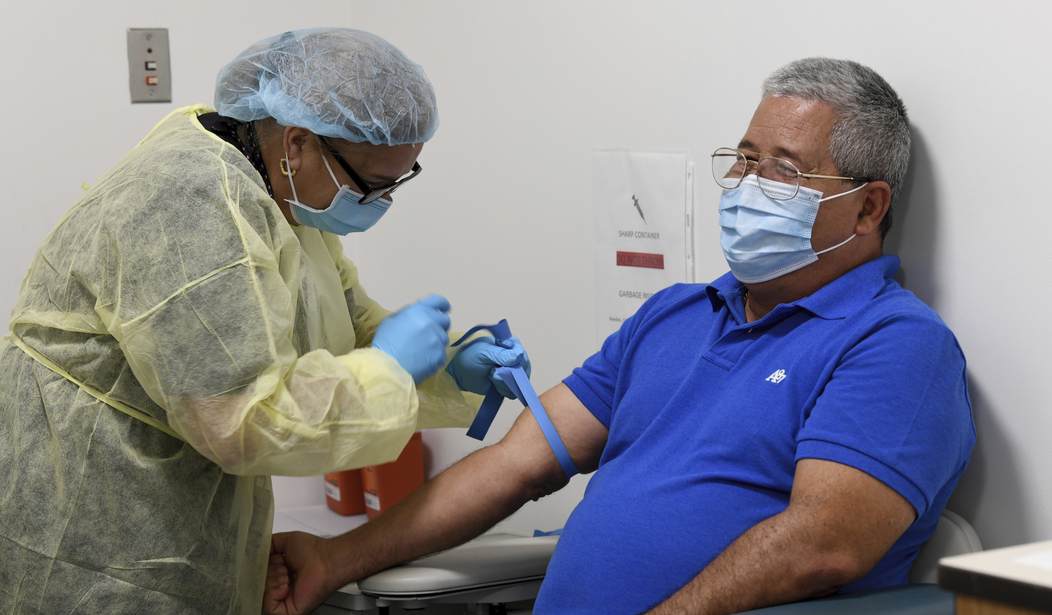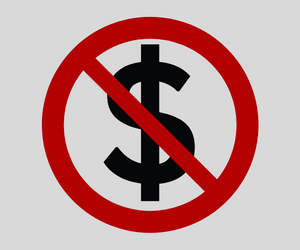The World Health Organization's (WHO) Chief Scientist, Dr. Soumya Swaminathan, on Monday casted doubt on whether or not the Wuhan coronavirus vaccines are effective are preventing people from being infected with the deadly virus.
"I think what we're learning now and what we continue to wait for more results from the vaccine trials is to see [and] really understand these vaccines apart from preventing symptomatic disease and severe disease and death, and whether they're going to reduce infections or rather prevent infections," she explained during a virtual press conference.
The doctor said she wants to see if the vaccines, which were recently released by Pfizer and Moderna, are effective at preventing infections and asymptomatic spread of the virus.
"I don't believe we have the evidence on any of the vaccines to be confident that it's going to prevent people from actually getting the infection and therefore passing it on," she explained.
Swaminathan said that until medical professionals know if the vaccines prevent people from being infected with the Wuhan coronavirus, they should continue to take "precautions," like wearing a mask, washing their hands and practicing social distancing.
Recommended
Once the WHO receives more "follow-up data" about the vaccines, the chief scientist said the organization's recommendations are "likely to change."
Swaminathan's colleague, Dr. Michael Ryan, was in agreement with her take but explained that the primary goal of the vaccine, at least right now, isn't to prevent people from getting infected but to prevent people from dying as a result of the virus.
Ryan encouraged people to "reflect on the main objective of the vaccine in the first roll out will be to prevent severe illness, prevent deaths, to protect front line workers and vulnerable people in our society."
WATCH: WHO chief scientist says not enough evidence that COVID vaccine prevents infection pic.twitter.com/uPifBp8Lfd
— The Post Millennial (@TPostMillennial) December 28, 2020



























Join the conversation as a VIP Member